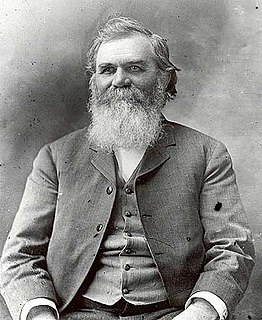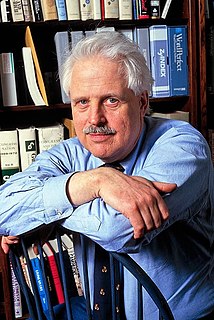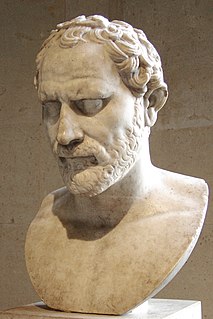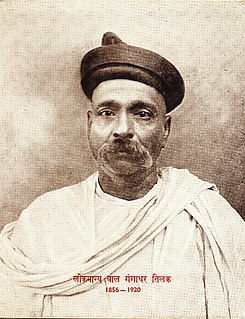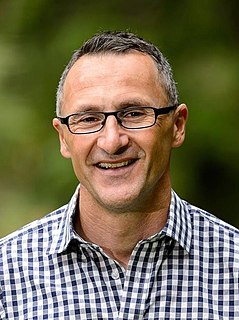A Quote by Henry Ward Beecher
The morbid states of health, the irritableness of disposition arising from unstrung nerves, the impatience, the crossness, the fault-finding of men, who, full of morbid influences, are unhappy themselves, and throw the cloud of their troubles like a dark shadow upon others, teach us what eminent duty there is in health.
Related Quotes
Although a government study found that men's health was much worse than women's health or the health of any minority group, headlines around the country read: 'Minorities Face Large Health Care Gap.' They did not say: 'Men Face Large Health Care Gap.' Why? Because we associate the sacrifice of men's lives with the saving of the rest of us, and this association leads us to carry in our unconscious an incentive not to care about men living longer.
Movember is an event that I've supported for a number of years. I haven't grown a moustache myself before, but I've always donated to others. I think that raising awareness for men's health is really important. You see a lot of initiatives - very public initiatives - around women's health, like breast cancer awareness and the like, but men's health issues tend to go more unnoticed. I think this is a great cause and I'm proud to support it.
Kelso's proposals do promise to free us from our morbid dependency on economic health through armament manufacture; they promise a way out of the welfare mess, out of foodstamps and ship subsidies, out of perpetual inflation, and they suggest a means of doing these things without being too disruptive of the wealth of five percent of the population who own the rest of us.
Don't accuse me of being morbid when I'm merely the product of a culture that buries the bones of the ones they love in pretty, manicured flower gardens so they can keep them nearby and go talk to them whenever they feel troubled or depressed. That's morbid. Not to mention bizarre. Dogs bury bones, too.
I've obviously come from a health background. I was a doctor before I became a pollie and one of the things I'd like to do is to really build on the world-class health system we've got. I'm passionate about climate change because it's also a health issue. Things like extreme weather impact on people's health, the ability of our hospitals to cope, the impact on mental health, on farmers in regional areas - they're all serious health concerns.
I want us to be judged by the impact we have on the health of the people of Africa and the health of women. Improvements in the health of the people of Africa and the health of women are key indicators of the performance of WHO. This is a health organization for the whole world... But we must focus our attention on the people in greatest need.
Medicine is the science by which we learn the various states of the human body in health and when not in health, and the means by which health is likely to be lost and, when lost, is likely to be restored back to health. In other words, it is the art whereby health is conserved and the art whereby it is restored after being lost. While some divide medicine into a theoretical and a practical [applied] science, others may assume that it is only theoretical because they see it as a pure science. But, in truth, every science has both a theoretical and a practical side.

